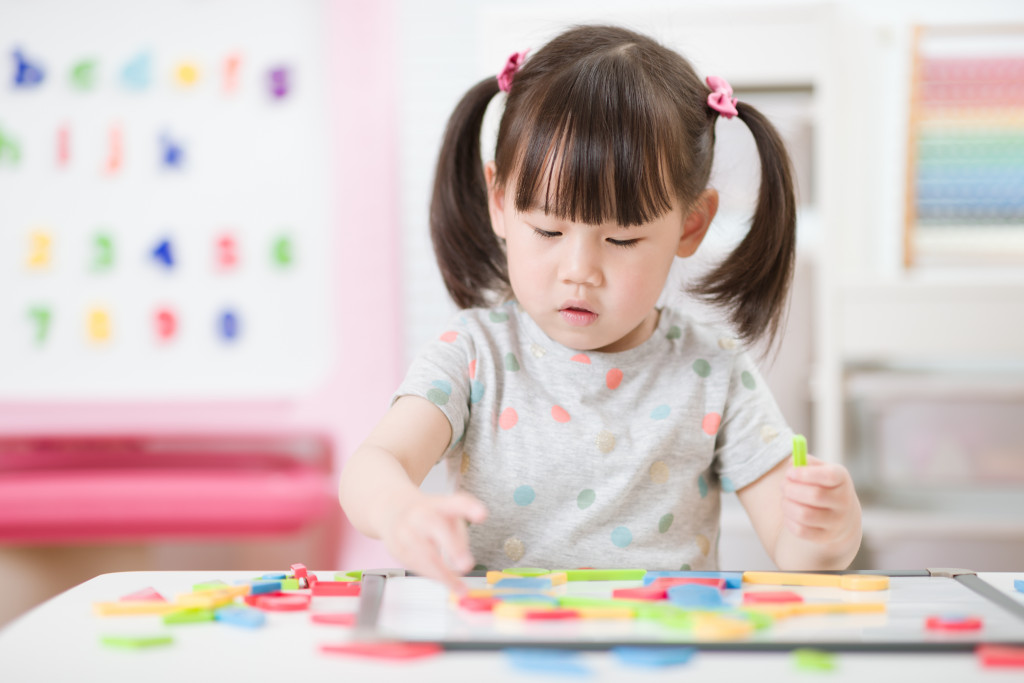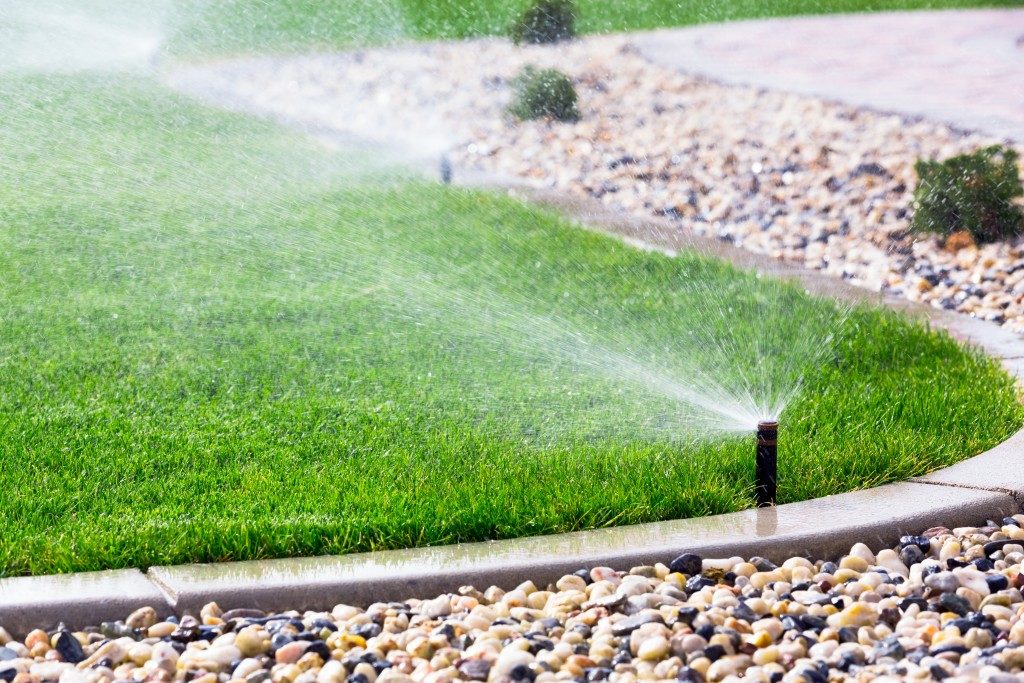Your home is your child’s first and most important teacher. The environment you create at home has a direct impact on your child’s development. Your child’s brain grows and develops astoundingly from birth to age three. During this time, your child is like a sponge, soaking up everything around them.
You can support your child’s development by creating a stimulating and nurturing environment at home. You can help your child develop physically, cognitively, and emotionally by providing opportunities for exploration, movement, and creative expression.
Here are some things to remember as you create a supportive home environment for your child.
Physical Development
Your child’s physical development includes their gross motor skills (large movements) and fine motor skills (small movements). Both types of skills are essential for your child to develop to interact with their environment effectively.
You can support your child’s gross motor skills by providing opportunities to move their bodies freely. This might include turning off the television and encouraging them to run around outside or play active games inside. You can also provide simple toys that encourage them to use their imagination, such as balls, blocks, and puzzles.
The landscape design of your home can also have an impact on your child’s development. For example, if you have a lot of trees and plants in your yard, this can provide opportunities for your child to explore their environment and develop gross motor skills. Make sure to have various outdoor play equipment for your child to use, such as a swing set, slide, or sandbox.
Cognitive Development
Cognitive development refers to how children think, learn, and remember information about their environment. You can do many things at home to support your child’s cognitive development. One way to support cognitive development is reading aloud to your child daily. This helps them develop language skills and learn new concepts about the world around them.
Providing opportunities for your child to explore their environment through sensory play is also essential. This might include activities such as finger painting, playing with clay, or splashing in puddles outside. As they explore their environment through sensory play, they will begin to develop problem-solving skills and make connections between different concepts.

Emotional Development
Emotional development refers to how children understand and express emotions. It is important for children to feel loved and supported to develop healthy emotional well-being. One way you can support your child’s emotional development is by spending quality time with them daily and engaging in activities such as reading books or playing games.
You must also provide consistent routines for your child to feel safe and secure in their environment. Consistent routines give children a sense of predictability which helps reduce stress and anxiety levels. You can create routines around activities such as mealtimes, bedtimes, and bath times.
Social and Moral Development
Social and moral development refers to how children interact with others and understand right from wrong. You can support your child’s social and moral development by setting limits and teaching them about expectations. For example, you might tell your child that it is not okay to hit their sibling. This will help them learn about appropriate social behavior.
You can also teach your child about empathy and compassion by modeling these behaviors yourself. For example, if you see someone in need, take the time to help them. This will show your child that it is important to care for others.
What If My Child Is Not Developing Normally?
If you are concerned about your child’s development, it is important to talk to your child’s doctor. They can assess your child’s development and guide how to support their individual needs. Here are some symptoms that might indicate a developmental delay:
- Not meeting milestones for their age
- Difficulty communicating or making eye contact
- Limited range of emotions
- Difficulty playing with others
- Poor fine or gross motor skills
If any of these symptoms are present, it is important to speak with a doctor as soon as possible. Early intervention services can make a big difference in your child’s development. No matter what, remember you are your child’s best advocate. You know them better than anyone, and if you have a gut feeling that something is wrong, trust your instincts and reach out for help.
Key Takeaways
The home environment plays an important role in child development. There are many things you can do at home to support your child’s physical, cognitive, emotional, social, and moral development. If you are concerned about your child’s development, it is important to talk to your child’s doctor. So, create a supportive environment at home and help your child reach their full potential. No child development milestone should be missed!









